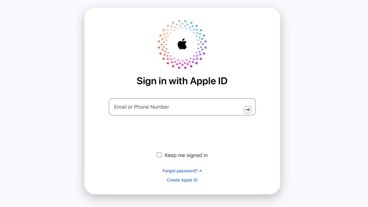Apple pulling Google Voice-enabled iPhone apps
One of these, developer Sean Kovacs, was surprised on Monday to discover that his GV Mobile client for Google Voice was to be pulled from the App Store as it was allegedly duplicating the iPhone's calling and text messaging features. Apple representative Richard Chipman contacted him personally but not only wasn't specific about what could be fixed but wouldn't provide e-mail to confirm the takedown.
But while individual removals aren't uncommon, later reports surfaced that Apple had pulled VoiceCentral, another competitor, and had even denied Google when it tried to quietly submit a Google Voice app six weeks ago — a rejection uncommon for a company whose partnership with Apple normally gives it better-than-usual insight into the app development process.
The systematic disappearances don't have a larger official explanation but, given the common thread of their using the same service, is now thought less to a matter of Apple guarding its built-in features and more cellular carriers pushing it to keep the service out. Google Voice not only lets users provide one virtual phone number to call multiple real phones but greatly reduces the cost of outbound long-distance and messaging, all of which potentially deprive AT&T and eventually other carriers of possible extra revenue.
Such an unspoken ban would also go a step beyond normal restrictions on which apps are allowed and what they can do. In the past, carriers have argued against allowing voice over IP apps such as Fring and Skype on the cellular network for technical reasons, such as latency; the lag on even a 3G network is high enough that holding a regular conversation isn't really feasible, for example. But in restricting Google Voice, which still uses the regular voice network for much of its activity, the primary advantage is to eliminate competition.
Neither Apple nor AT&T has clarified their stances on the issue, though Apple when cornered has typically let carriers have final say on whether an app can remain on the App Store: Sling Media's remote TV viewing app, SlingPlayer, was barred from using 3G under AT&T's paradoxical view that the iPhone wasn't a phone and therefore that its normal rules didn't apply.
 Katie Marsal
Katie Marsal










 Mike Wuerthele
Mike Wuerthele

 Malcolm Owen
Malcolm Owen
 Chip Loder
Chip Loder

 William Gallagher
William Gallagher
 Christine McKee
Christine McKee
 Michael Stroup
Michael Stroup






